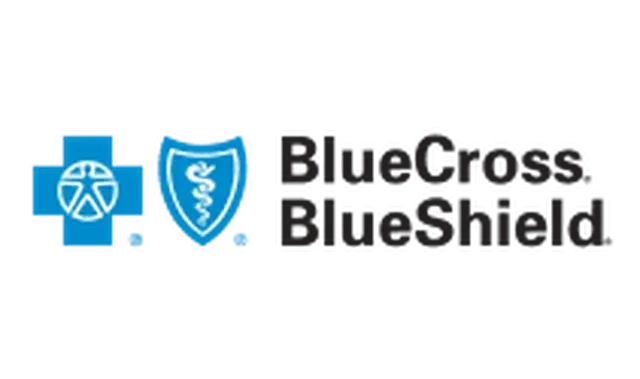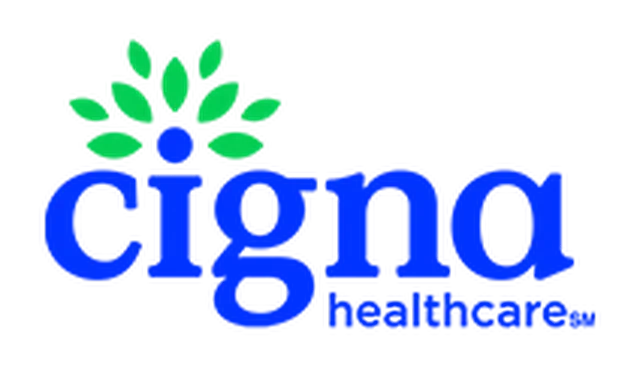Accurate Overnight Sleep Testing for Sleep Apnea & Other Sleep Disorders
Do you experience loud snoring, frequent nighttime awakenings, or extreme daytime fatigue? You may have obstructive sleep apnea (OSA) or another sleep disorder affecting your health. At NY MetroSleep in Bronx, NY, we offer comprehensive in-lab sleep studies to provide an accurate diagnosis and determine the best treatment for your sleep issues.
Our state-of-the-art overnight sleep studies monitor your breathing, brain activity, and muscle movements to help identify sleep apnea, restless leg syndrome, narcolepsy, and other sleep disorders.
What Is an In-Lab Sleep Study?
A lab sleep study, also known as polysomnography (PSG), is an overnight test conducted in a comfortable sleep center to analyze your breathing patterns, oxygen levels, heart rate, brain activity, and muscle movement while you sleep. This test provides a detailed, medical-grade evaluation of your sleep quality and detects disorders like:
•Obstructive Sleep Apnea (OSA) – A condition where breathing repeatedly stops and starts during sleep.
•Central Sleep Apnea (CSA) – A less common form of sleep apnea caused by brain signal issues.
•Narcolepsy – A neurological disorder that affects sleep-wake cycles.
•Restless Leg Syndrome (RLS) – A disorder causing uncomfortable leg sensations and urges to move.
•Periodic Limb Movement Disorder (PLMD) – Involuntary leg movements during sleep.
•Insomnia & Other Sleep Disorders – A lab sleep study can help diagnose and manage chronic sleep issues.
Benefits of an Overnight Sleep Study
•Comprehensive Diagnosis – Detects multiple sleep disorders in one test.
•Highly Accurate – More precise than home sleep apnea tests.
•Personalized Treatment Plan – Helps determine if CPAP, Inspire Therapy, or another treatment is best for you.
•Monitored by Sleep Specialists – Ensures reliable, high-quality results.
•Covered by Most Insurance Plans – Assistance is available for insurance verification.
Who Needs a Lab Sleep Study?
A lab sleep study may be recommended if you experience:
•Loud snoring and choking or gasping during sleep
•Excessive daytime sleepiness and difficulty concentrating
•Frequent nighttime awakenings
•High blood pressure and irregular heartbeats
•Obesity, diabetes, or other sleep apnea risk factors
•Unexplained fatigue despite getting enough sleep
If you’re unsure whether you need an in-lab study or a home sleep study, scheduling a consultation can help determine the best option based on your symptoms.
Why Choose NY MetroSleep for a Lab Sleep Study?
At NY MetroSleep, we provide state-of-the-art sleep testing and treatment solutions for all. Our team ensures a comfortable and professional experience with expert analysis and personalized treatment recommendations based on your results.
What We Offer:
•State-of-the-Art Sleep Lab – Comfortable, private rooms for overnight testing.
•Board-Certified Sleep Specialists – Experts in diagnosing sleep disorders.
•Comprehensive Sleep Apnea Evaluations – Identifying symptoms and treatment options.
•Treatment Planning – CPAP therapy, Inspire Therapy, or oral appliances based on individual needs.
•Insurance Assistance – Verification support is available for sleep study coverage.
FAQs About Lab Sleep Studies
How does an in-lab sleep study work?
During an overnight sleep study, small sensors are placed on the head, chest, and legs to monitor brain waves, breathing, heart rate, and muscle activity while sleeping. Sleep specialists analyze the data to diagnose conditions such as sleep apnea, narcolepsy, and restless leg syndrome.
How is a lab sleep study different from a home sleep study?
A home sleep study primarily monitors breathing and oxygen levels, making it best for diagnosing sleep apnea. An in-lab sleep study provides a detailed analysis of brain activity, heart function, and muscle movements, helping diagnose a wider range of sleep disorders beyond just apnea.
Is a sleep study covered by insurance?
Most insurance plans, including Medicare and private insurers, cover lab sleep studies if medically necessary. Coverage verification is available upon request.
Will I be able to sleep in the lab?
Yes. Sleep labs are designed to be comfortable and quiet. If adjusting to a new environment is a concern,
recommendations can be provided to help with relaxation before the study.
What happens after the sleep study?
Results are reviewed by sleep specialists to develop a personalized treatment plan based on the diagnosis. If sleep apnea is detected, available treatment options may include:
•CPAP Therapy – The gold standard for moderate to severe sleep apnea.
•Inspire Sleep Therapy – A CPAP alternative for those who qualify.
•Mandibular Advancement Devices – Oral appliances for mild sleep apnea.
•Lifestyle & Sleep Hygiene Recommendations – Natural ways to improve sleep.
For those experiencing snoring, sleep apnea symptoms, or chronic fatigue, an in-lab sleep study can provide the answers needed to improve sleep and overall health. At NY MetroSleep, the process is designed to be straightforward, comfortable, and efficient, ensuring each patient receives the care they need.
With access to advanced diagnostic technology, board-certified sleep specialists, and a range of treatment options, NY MetroSleep provides comprehensive solutions for sleep disorders. Whether determining the severity of sleep apnea, evaluating treatment options, or managing long-term sleep health, a lab sleep study is an essential step toward better sleep and improved well-being.
Taking action to address sleep issues can lead to higher energy levels, improved focus, better cardiovascular health, and an overall higher quality of life. Seeking professional evaluation and treatment is key to achieving restful, restorative sleep.
Contact us today to schedule a consultation and take the first step toward better sleep.





